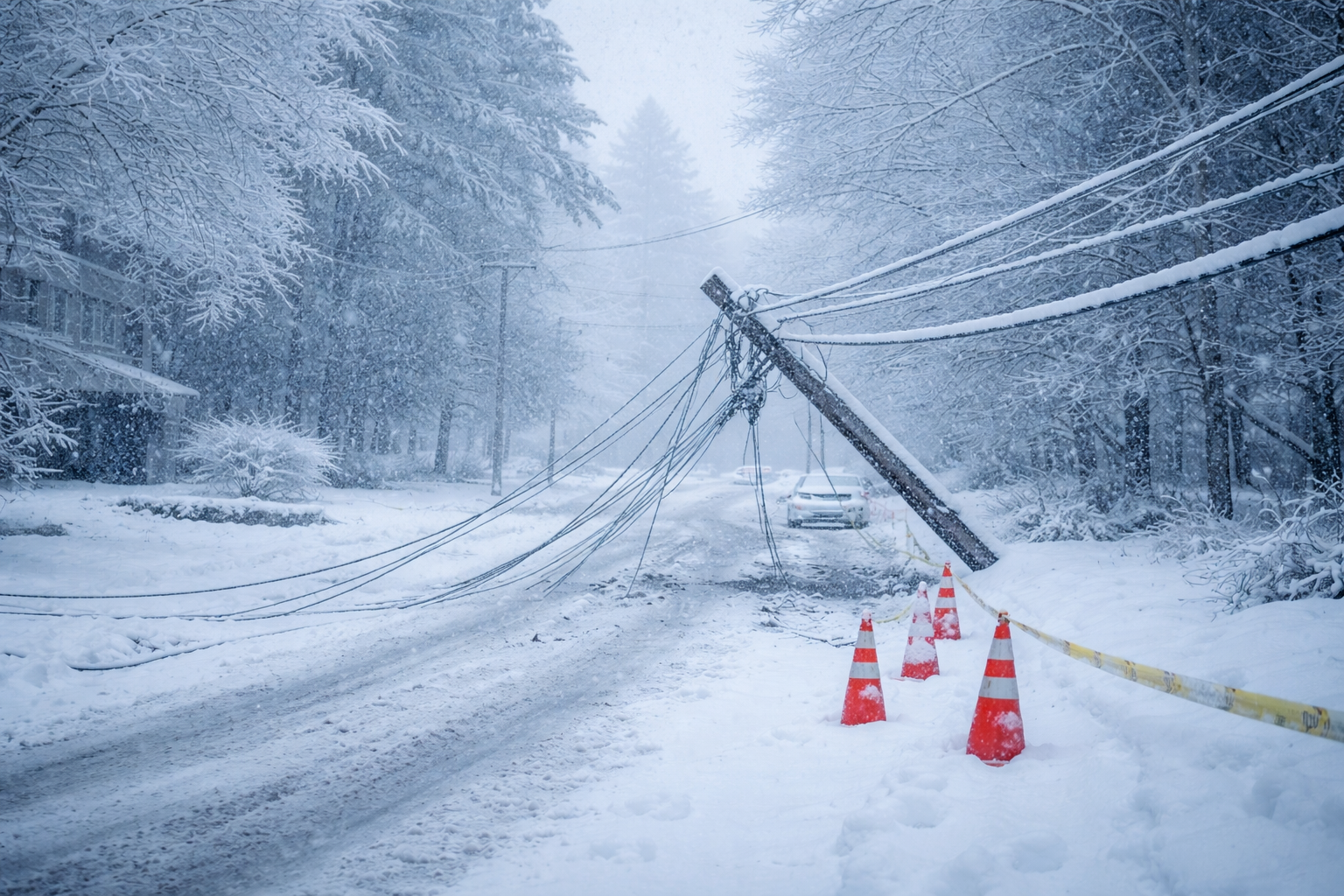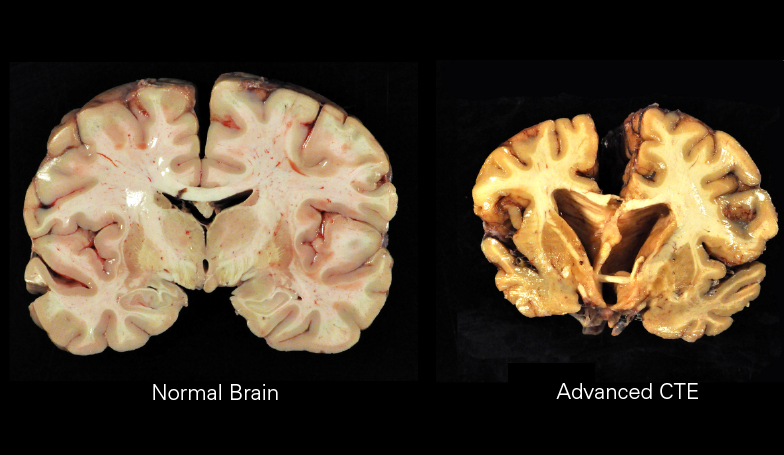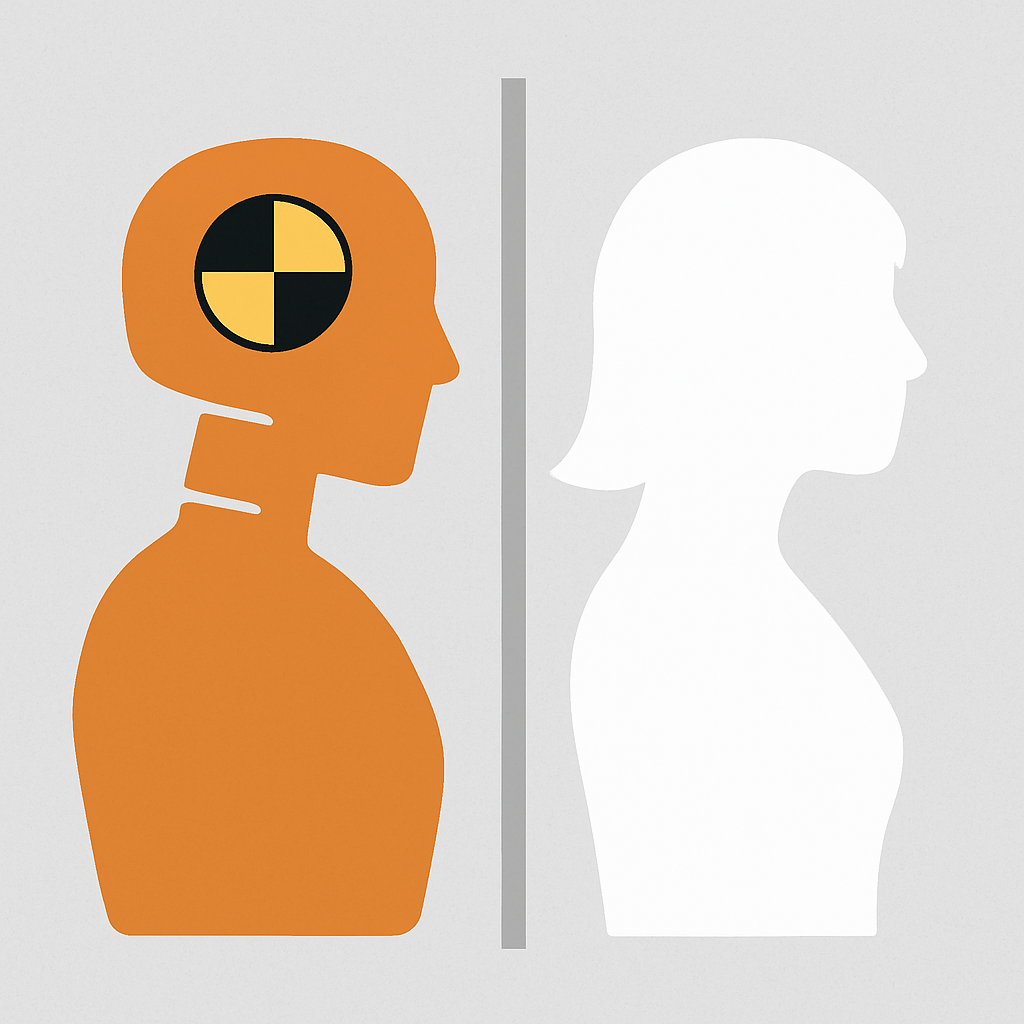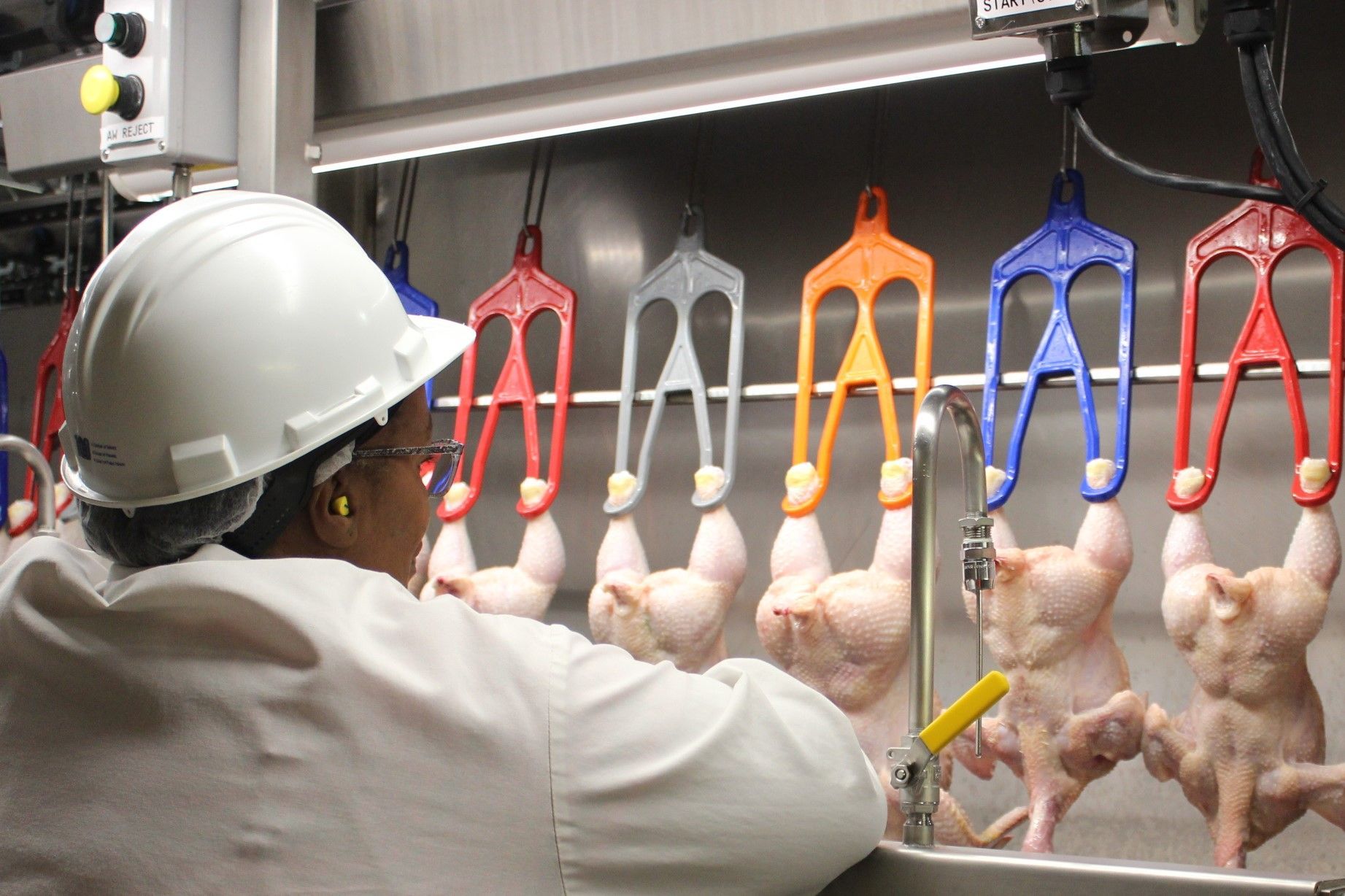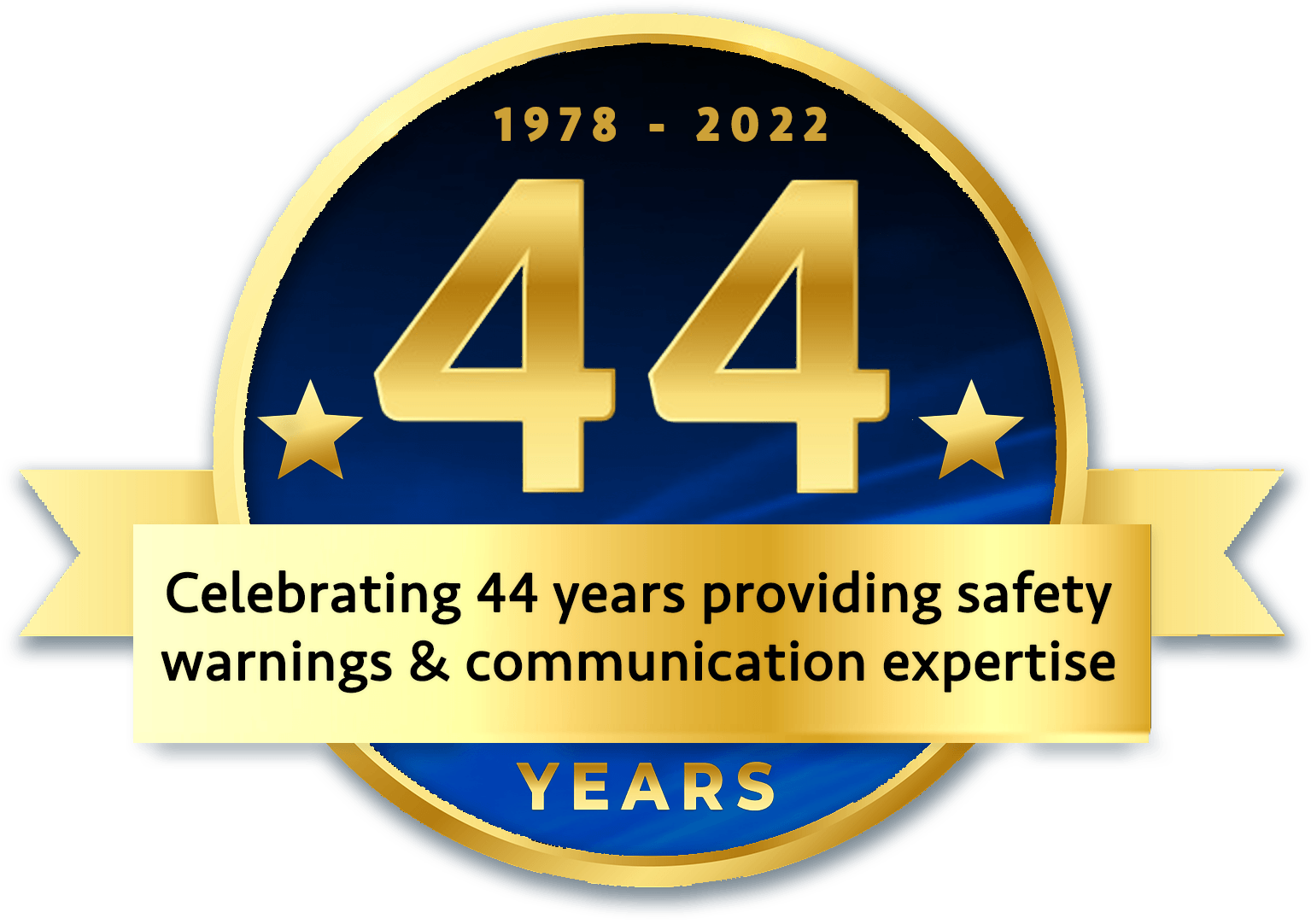CORPORATE CRIME REPORTER
I was honored to have been featured recently in the "Corporate Crime Reporter", a weekly newsletter in Washington, D.C. Below is the the soundcloud preview and written introduction to my recent interview with Russell Mokhiber, editor of the publication.
You may stream the preview:
The written introduction is included below.
Murder Inc.: How Unregulated Industry Kills or Injures Thousands of Americans Every Year... and What You Can Do About It
will be available March 18, 2020 everywhere books are sold.
GERALD GOLDHABER ON HOW UNREGULATED INSTURY KILLS OR INJURES THOUSANDS OF AMERICAN EVERY YEAR
Gerald Goldhaber calls himself the warnings doctor.
Not the warnings nanny — the warnings doctor.
"I'm not the warnings nanny," Goldhaber told Corporate Crime Reporter in an interview last week. "I'm the warnings doctor. I'm not here to say — do this and don't do that. I'm here to say — do whatever you want, it's America. But do it with informed choice. Be an informed consumer. And unfortunately, we are not there yet. You have a corrupt government agency system under a President who is deregulating everything in sight. And as a result, companies are given a free ticket to keep it going. I'm telling industry — if you tell the truth, the customers will not flock away. They will stay with you. They may even respect you. And you will save over $1 trillion a year. That's the cost of litigating product liability cases. And almost all of them have a failure to warn claim. Those claims would be hard to litigate if you told the truth."
Goldhaber is the author of a new book titles — Murder Inc.: How Unregulated Industry Kills or Injures Thousands of Americans Every Year –And What You Can Do About It.
"We're exposed on a daily basis to life-threatening hazards of which we're often unaware," Goldhaber writes. "From defective airbags that can explode and kill us to poisonous additives in food, we're often the unknowing victims of corporate malfeasance and shamefully incompetent government oversight."
In the book, Goldhaber examines the outcomes when corporate profits trump public safety. He uncovers the history of government regulatory agencies leaders who come and go from the same industries they're asked to regulate.
"And while our modern conveniences make life easier and more enjoyable than previous generations, we also face new dangers of the digital age. The hacking of autonomous cars, misuse of private information collected by smart devices, and renegade programming glitches in smart homes and offices are just a few scenarios confronting us in the near future. The companies who produce these innovations need to ensure they're fail-safe, or face hefty lawsuits if and when things go wrong."
"Principal disclosure of hidden hazards is an industry — and regulatory — neccessity. We can only make informed choices and avoid needless injury and death when we know all the facts."
As an expert witness in product liability cases, Goldhaber sees how the system forces settlements instead of allowing plaintiffs to take cases to trial.
"I have been involved in many cases — and I'm involved in some cases now — where I have argued — this is crazy to settle this case," Goldhaber said.
"The facts are strong. Both sides want to settle as fast as they can. I often joke with other expert witnesses in the field — we are not expert witnesses. We are settlement experts. One side is trying to get the price up, the other side is trying to get the price down. We are being used as mediation settlement experts. It is rare that we get to trial."
Can you give us specific examples where this is happening?
"Settlements are done secretly. Nobody tells me how much money was involved in settling cases because of the non disclosure agreements. But when I hear that there is a settlement, I get nervous. I'm an expert whose opinions are backed by science. I go to court and give those opinions."
"Both sides can't trust the jury. It's the runaway jury idea. We don't know what the jury will do so we might as well play it safe. The statistics don't lie — 97.5 percent of all products cases settle. It's two in a hundred that actually go trial."
Do you have any remorse for participating in such a system?
"The reason I wrote the book is to help make things safer for people so they don't get injured or killed. When I leave a defense case, I tell my clients — you dodged a bullet here. Let's make it better. The standard is adequacy of warning, not excellence. I've told every single client — can we make it better? So, no I don't regret it. I'm trying to make it better."
"In writing this book, I'm not trying to tell every company to close shop. I'm telling them — make it better."
You have described a reactive system. What's a better system other than a reactive system?
"A proactive system. Anticipating ahead of time. Let's change it from reacting to lawsuits to preventing lawsuits. People sue because they get hurt or their families get killed. We are doing a much better job in making safer products than we did fifty years ago. But let's tell people what the risks are proactively."
"Coincidentally, the Institute of Electrical and Electronics Engineers (IEEE) has formed an initiative to encourage companies to anticipate hazards before they manufacture products. I met the guy in charge of this in a diner outside of Ralph Nadre's Tort Museum in Winsted, Connecticut. We stopped in thei greasy spoon to have breakfast, and there was nobody in there except this other guy from the IEEE, who was also visiting the Tort Museum."
Where has a proactive model worked?
"Daikin. The world's first or second largest commercial air conditioning manufacturers from Japan. They wanted to come into the United States. Their lawyer was an American lawyer who heard about me. They asked me to come in. The Japanese executive came here and they didn't understand the culture of lawsuits and litigation. The Japanese didn't think they could ever get sued. I simply said the way Tom Hanks said it in the movie Philadelphia — how can I get hurt? Tell me as a sixth grader, how can I get hurt or killed by this product? And who is at risk?"
"We identified who is at risk — the person who installs or maintains these air conditioners. That person can get electrocuted or scalded or they can lose a finger. We figured out where and how to warn. We tested the warnings. We put the warnings on. And they have not been sued at all. I can't guarantee they won't get sued. But as of this interview, they have not been sued."
